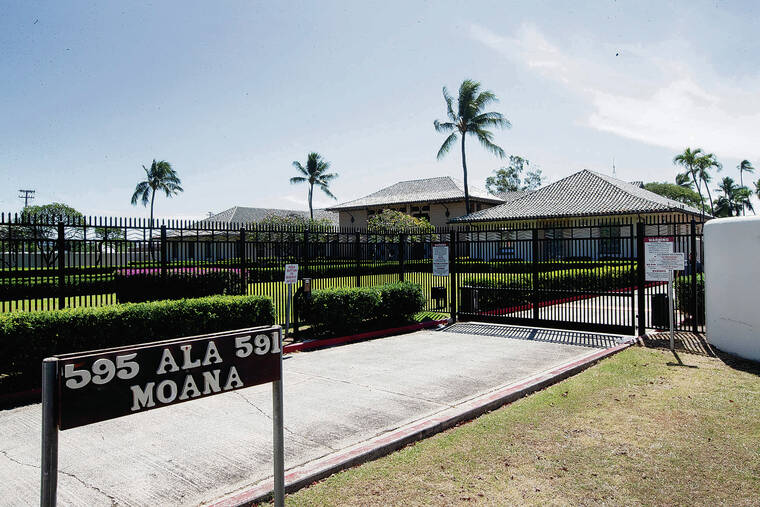HONOLULU Hawaii House and Senate leaders, with the support of Gov. David Ige, on Tuesday unveiled a long list of measures to boost housing, early childhood education and incomes with a particular focus on alleviating the struggles of Hawaiis working families and poor.
HONOLULU — Hawaii House and Senate leaders, with the support of Gov. David Ige, on Tuesday unveiled a long list of measures to boost housing, early childhood education and incomes with a particular focus on alleviating the struggles of Hawaii’s working families and poor.
It’s the first joint bill package from the two legislative chambers since 2004.
“The House and Senate members have been working really hard over the interim to address an issue that is important to all of us — that is the cost of living in Hawaii,” House Speaker Scott Saiki said at a news conference.
The proposals still need to be drafted into bills, pass committees and the full House and Senate and then earn the governor’s signature before they can become law.
The new legislative session begins Wednesday.
The measures include increasing the hourly minimum wage from the current $10.10 to $13 by 2024. Another plank would offer more than $70 million in tax relief by making the state’s earned income tax credit refundable. That means qualified taxpayers will receive a refund if they owe less in taxes than the tax credit they earned.
The lawmakers aim to address the state’s chronic housing shortage by making state lands available for the construction of condominiums and homes that residents will be able to buy under 99-year-leases. The plan includes issuing $200 million in bonds to support the construction of infrastructure to boost housing development around the first stations expected to open in West Oahu along Honolulu’s planned rail line.
The lawmakers said they would address the shortage of preschool spots by creating early childhood learning centers under the auspices of the state Department of Human Services. The bills aim to have all 3- and 4-year-olds enrolled in early childhood education within 10 years. Currently only half of Hawaii children of that age are in such programs because many families can’t afford to send their children to preschool.
Sen. Michelle Kidani said it wouldn’t be under the Department of Education because the aim would be to ask parents with means to pay some of the cost. Kidani said the program would have to be free if it was administered by the Department of Education.

Subscribe today for unlimited access.
Already a subscriber?
Login
Not ready to subscribe?
Register for limited access.
If you have a print subscription but require digital access,
activate your account.



